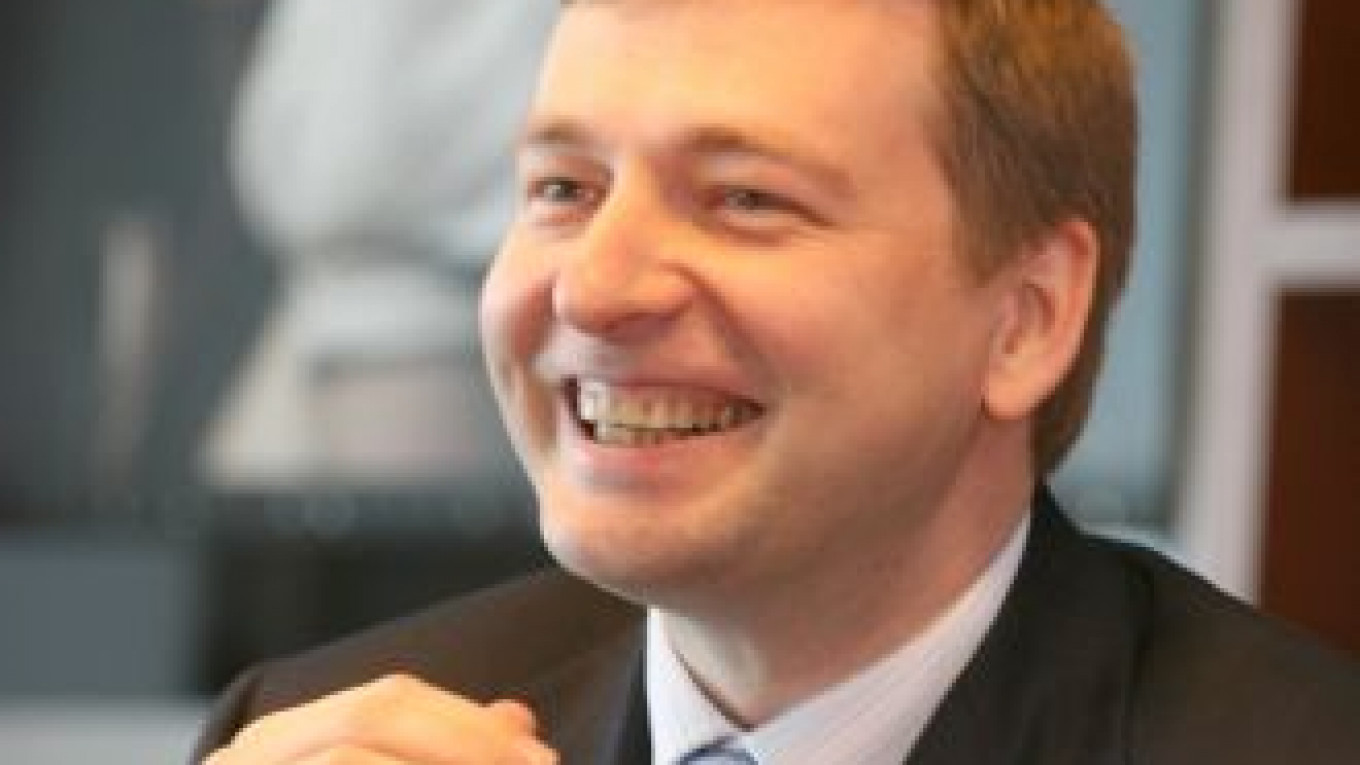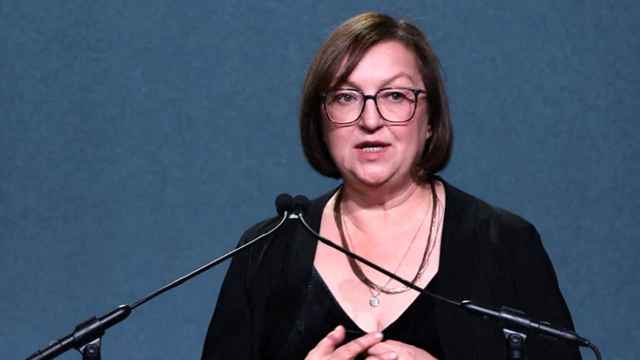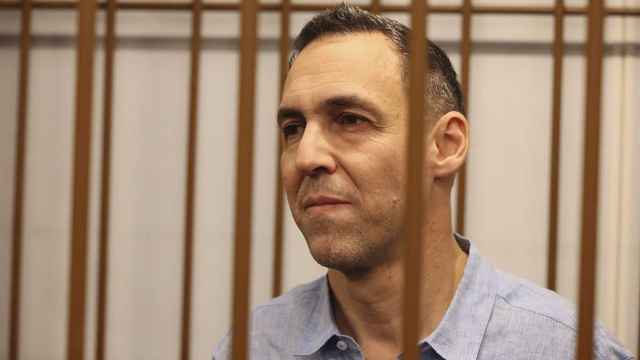GENEVA — Lawyers acting for Russian billionaire Dmitry Rybolovlev, who is fighting what could end up being the biggest divorce settlement in history, have cautioned reporters in Switzerland not to cover the case, warning that they may breach strict local privacy laws.
Rybolovlev's wife, Yelena, is demanding $6 billion from the man known as the "fertilizer king" for a fortune amassed in potash mining that made him the world's 79th richest person.
Rybolovlev says he may sue any media outlet that reports the case because it is being heard by a Geneva civil court, where privacy restrictions are tighter than for criminal or commercial proceedings.
"What we have done is a general sprinkling of the press landscape," said Anne Reiser, a Geneva lawyer who wrote to Swiss and international media on Rybolovlev's behalf last week.
Printing details about a divorce case — as newspapers and gossip magazines in the United States and other European countries commonly do — could be a criminal offense in Switzerland, Reiser said.
The fact that Rybolovlev, who made his billions with the Uralkali potash mining company, was recently named the 79th richest person on the planet by Forbes magazine and made headlines two years ago when he reportedly bought Donald Trump's Palm Beach mansion for $100 million doesn't justify stories about his divorce, Reiser said.
"In case you have planned to do it, please refrain," she told The Associated Press. "That's all. And there is a please."
Those who fail to heed her advice, though, be warned.
"If by any chance you are going to print anything about my client, then you are formally put on notice that my client reserves his right, maybe, to do something about it, with any legal action that would be necessary," Reiser said.
Manuel Bianchi della Porta, a practicing lawyer at Geneva firm BCCC and lecturer in media law, questioned the purpose of the letter. "I think it's fair to say that it is an unusual pre-emptive strike," he said.
Bianchi said Swiss courts, as in other European countries, recognize that some cases are of public interest and therefore deserve to be covered by the media, though the wealth of the parties involved would not itself be sufficient grounds to limit their right to privacy.
Reiser's letter to the press was prompted by an Oct. 30 article in Geneva's respected Le Temps newspaper, which delved deep into the billionaire's business dealings, his private life, and the points at which the two converge.
Its author alleges that Rybolovlev, who is in his early 40s, transferred much of his wealth to a trust in the Mediterranean island of Cyprus shortly after his wife announced that she was seeking a divorce.
Her lawyer, Marc Bonnant, says the question of who controls the trust is key to the divorce proceedings and will make the difference between a payout of $1 billion, or more than $6 billion.
Bonnant told the AP that a Geneva court has provisionally frozen Rybolovlev's assets in Switzerland and abroad, but because an appeal is pending before the Swiss Supreme Court that order is still unenforceable.
Even if the appeal is rejected, it may be difficult for Rybolovleva to obtain the money, as Switzerland has no treaty on legal aid with Cyprus.
Reiser declined to comment on the case, citing professional confidentiality.
"My client is entitled to a lot of things in case his name, his reputation, is not treated correctly," she said. "He can do a lot of things. He can, he'd rather not."
Serge Michel, assistant chief editor of Le Temps, said threats of legal action would not stop his newspaper from continuing to report the story.
"I think it's not just a private case, part of it concerns the public," he said, citing the large sum involved and claims that workers on an unfinished mansion in one of Geneva's fashionable suburbs are owed millions of dollars because of legal wrangling in the case.
Press freedom in Switzerland "is better than in Russia," Michel said. "But here there's an attempt to exert pressure, that's clear. That's not going to stop us, but we do think this letter is unusual and questionable."
A Message from The Moscow Times:
Dear readers,
We are facing unprecedented challenges. Russia's Prosecutor General's Office has designated The Moscow Times as an "undesirable" organization, criminalizing our work and putting our staff at risk of prosecution. This follows our earlier unjust labeling as a "foreign agent."
These actions are direct attempts to silence independent journalism in Russia. The authorities claim our work "discredits the decisions of the Russian leadership." We see things differently: we strive to provide accurate, unbiased reporting on Russia.
We, the journalists of The Moscow Times, refuse to be silenced. But to continue our work, we need your help.
Your support, no matter how small, makes a world of difference. If you can, please support us monthly starting from just $2. It's quick to set up, and every contribution makes a significant impact.
By supporting The Moscow Times, you're defending open, independent journalism in the face of repression. Thank you for standing with us.
Remind me later.






